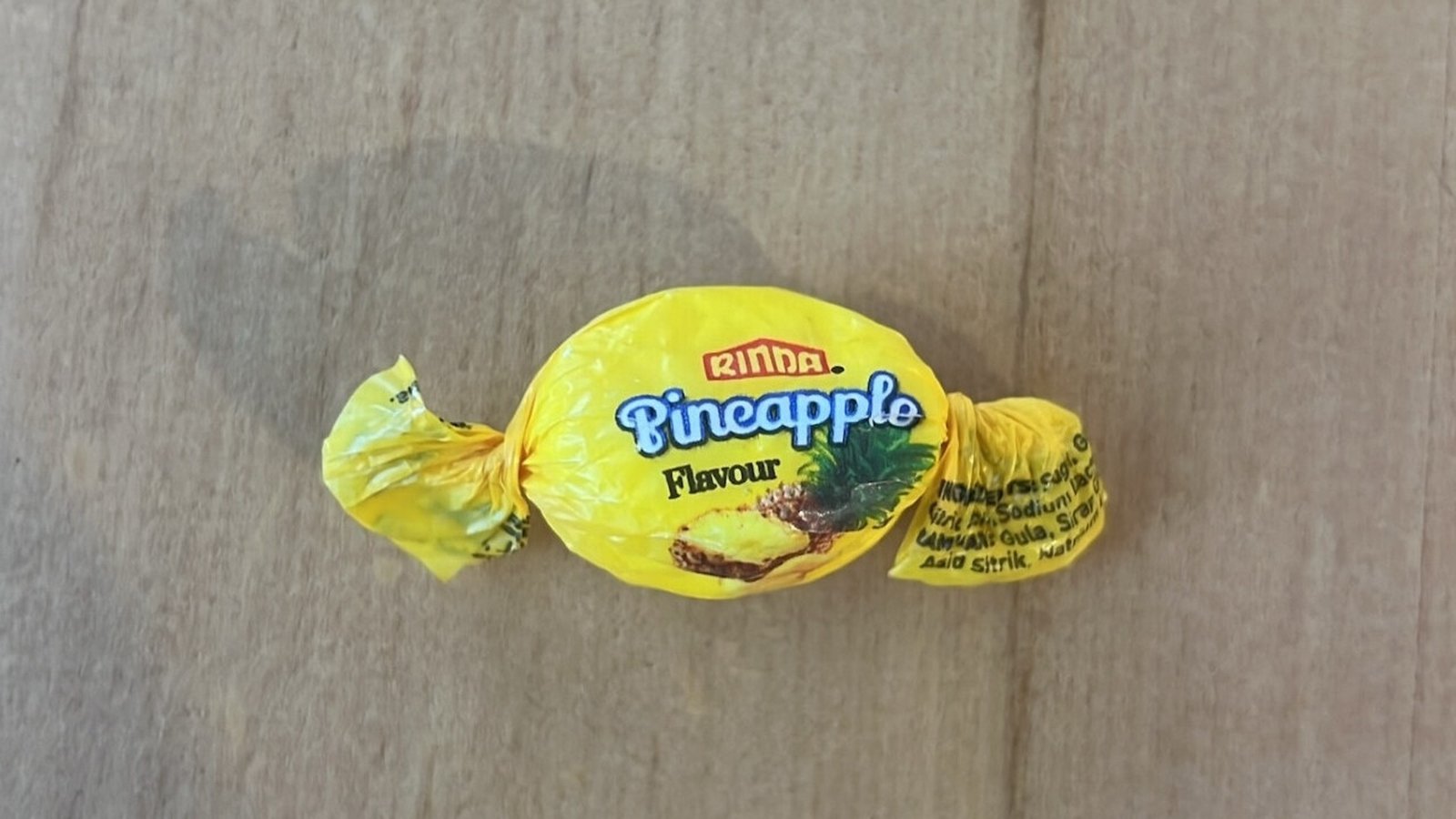Pineapple sweets handed out by a New Zealand charity have tested positive for potentially lethal amounts of methamphetamine, police have said.
A child, a teenager and a charity worker have already been taken to hospital after they tasted the sweets.
Although none are seriously ill, police have launched a criminal investigation and are now trying to track down up to 400 other people who may have received the sweets.
“We need to round these up as quickly as we can,” said Detective Inspector Glenn Baldwin, adding that 16 of the sweets had been found so far.
Police suggested the drugs might have been packaged under the “Rinda” brand by traffickers or dealers to evade detection.
They are then believed to have been donated to anti-poverty charity the Auckland City Mission, which inadvertently distributed them via a food bank.
“Drug importation is complex, and organised criminal groups use a range of measures and techniques to try and evade enforcement agencies, not only in New Zealand, but around the world,” DI Baldwin said.
A child and a teenager were taken to hospital after tasting the sweets and spitting them out. Both are okay, DI Baldwin added.
A charity worker was also treated for symptoms consistent with methamphetamine, but later discharged.
The New Zealand Drug Foundation said a test sample of an innocuous-looking piece of white candy in a bright yellow wrapper indicated it contained methamphetamine.
Foundation spokeswoman Sarah Helm said the tested sweet contained approximately three grams of meth – hundreds of times greater than the common dose taken by users.
“Swallowing that much methamphetamine is extremely dangerous and could result in death.”
Ms Helm urged people who had received confectionaries from the Auckland charity not to consume them.
“We don’t know how widespread it is.”
The Auckland City Mission’s Helen Robinson said the organisation was “devastated” by the news.
Her organisation believes as many as 400 people could have received the affected sweets in a food package.
Eight separate families had so far been affected, she said, including one instance where a parent gave one of the candies to her child, who immediately spat it out.
Ms Robinson said she had been told the potent contaminated sweets tasted “acrid and revolting”.
“You could have only a very small touch or lick of the substance and still be deeply affected,” she warned.
A contaminated sweet was taken for testing when a person felt strange after starting to eat it and noticed a bitter taste.
Methamphetamine can cause chest pain, racing heart, seizures, delirium and loss of consciousness, the drug foundation warned.
Ms Helm told Radio New Zealand it is common for drug smugglers to hide illegal narcotics in food form.
“We suspect somebody hasn’t intentionally sought to poison children,” she said.

